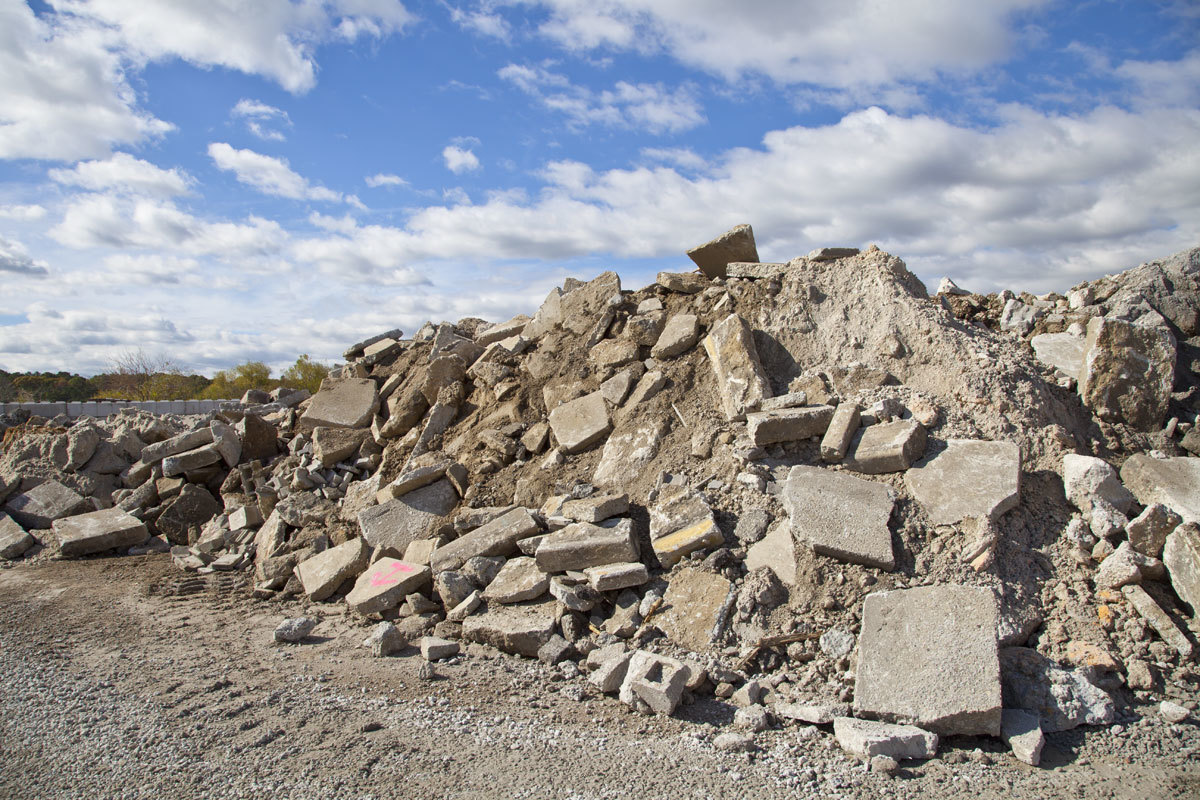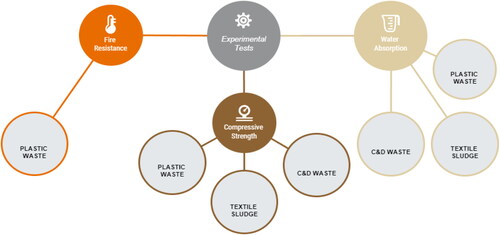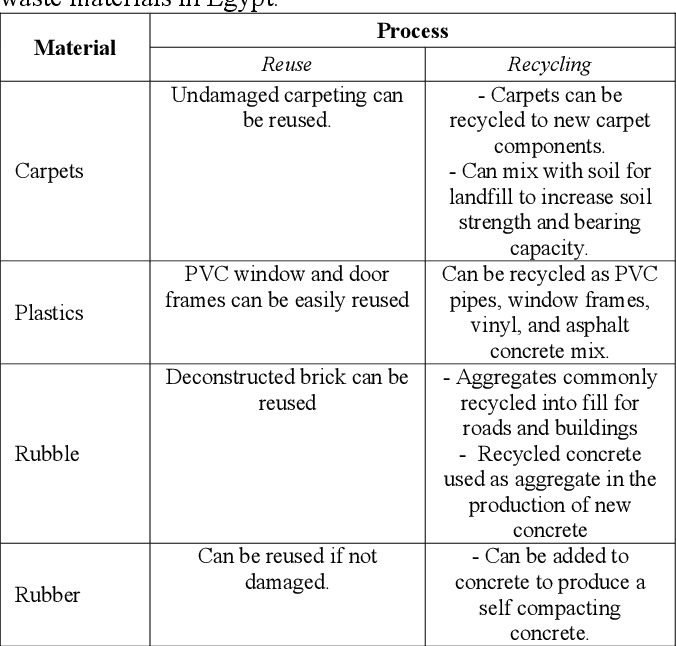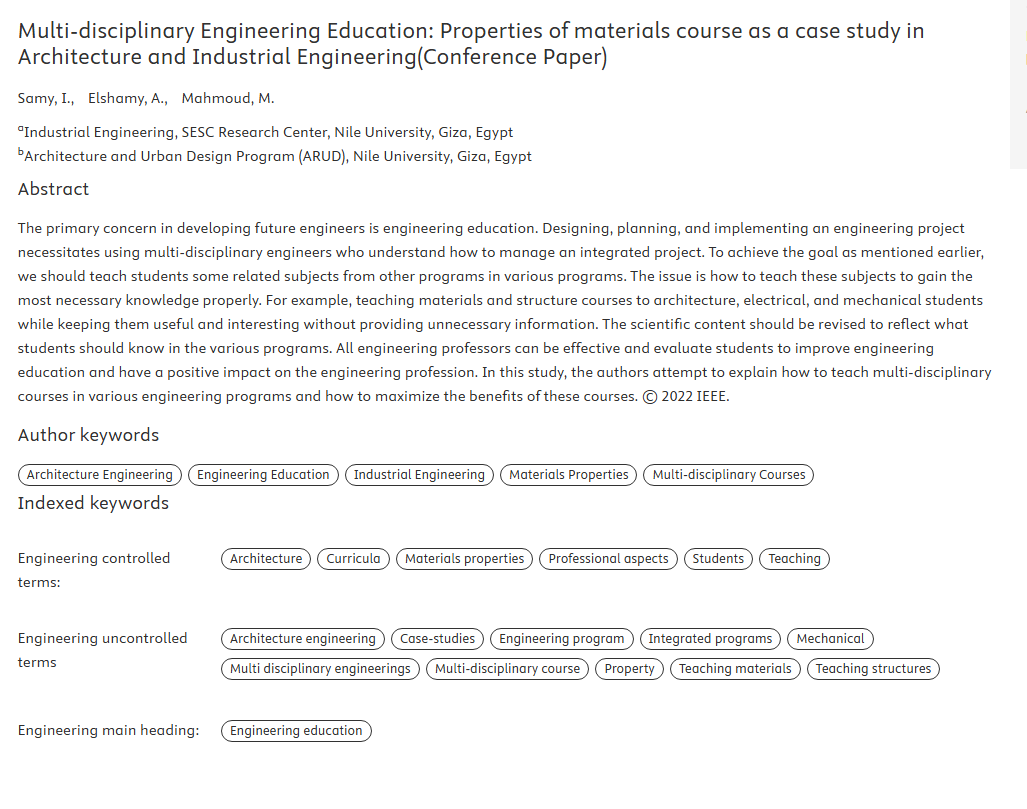Faculty Office Ext.
1846
Faculty Building
UB1
Office Number
321
Dr. Mohamed is currently an assistant professor at the Architecture and Urban Design Program, School of Engineering and Applied Sciences, Nile University (NU). Dr. Mohamed has 31 years of successful in-depth experience in Engineering firms, Project Management and General management experience in many consultant engineering offices and contracting companies.
Mohamed carries:
• BSc. in Civil Engineering from the faculty of Engineering Cairo University, Cairo, Egypt (1991).
• MSc. in Architectural Engineering from the faculty of Engineering Cairo University, Cairo, Egypt (2012).
• PhD. in Architectural Engineering from the faculty of Engineering Cairo University, Cairo, Egypt (2018).
- Construction Waste Management
- Innovation, Entrepreneurship and Competitiveness
- Healthcare
- Energy and Water

Replacing the Virgin Materials in Concrete with Waste Materials (Rubble, Plastics, Sludge, etc.)

Post Occupancy Evaluation – From Architecture to Energy Efficiency and Carbon Emissions: The Case Study of Nile University

Green Homes for a Sustainable Tomorrow: Advancing Energy Efficiency and Eco-Materials in Residential Buildings








